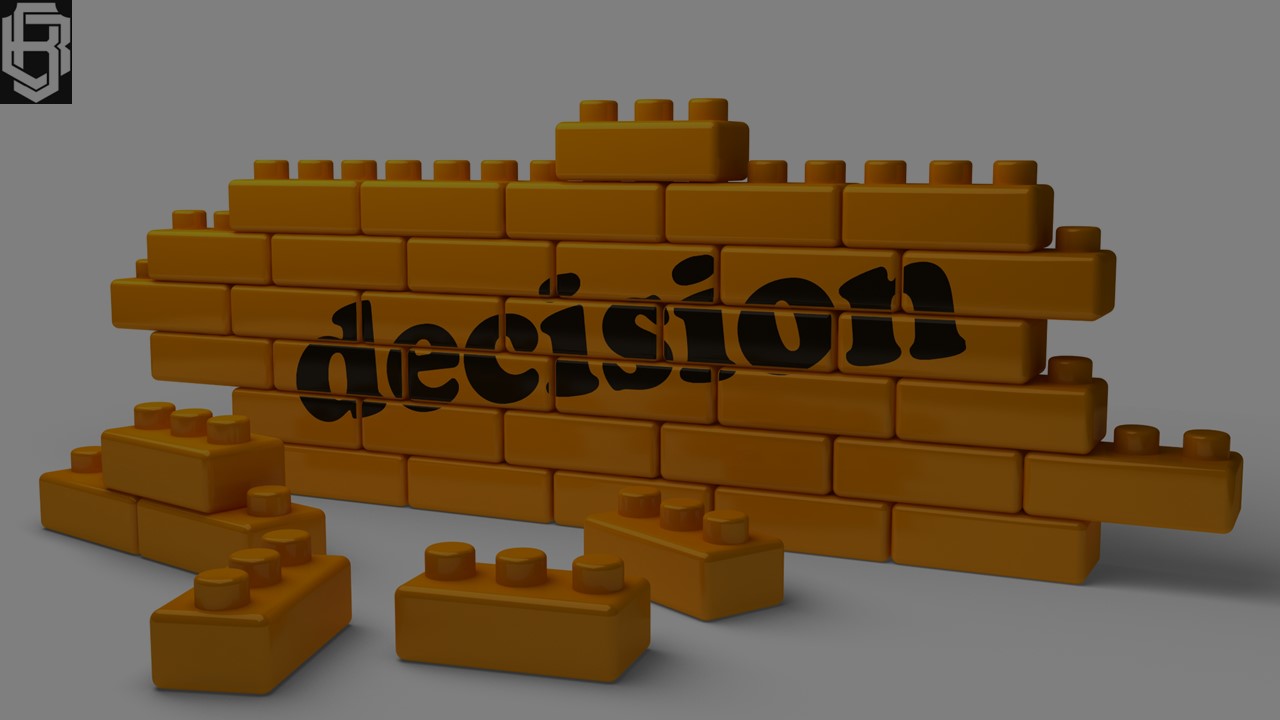Every day, we make countless decisions—some small and inconsequential, others significant and life-altering. But have you ever stopped to consider the science behind our decision-making process? In this blog post, we delve into the fascinating world of decision science, exploring the factors that influence our choices and offering insights into how we can make better decisions in both personal and professional settings.
The Psychology of Decision-Making
Decision-making is a complex process that involves weighing options, assessing risks, and considering potential outcomes. At its core, decision-making is influenced by a combination of cognitive, emotional, and social factors. Cognitive biases, such as confirmation bias and anchoring bias, can skew our perceptions and lead us to make irrational decisions. Emotions, too, play a significant role in decision-making, as we often rely on gut feelings and intuition to guide our choices. Social factors, such as peer pressure and societal norms, can also shape our decisions, sometimes leading us to prioritize conformity over authenticity.
Understanding Decision Heuristics
In an effort to simplify decision-making, our brains often rely on mental shortcuts known as heuristics. While heuristics can be useful for making quick decisions in certain situations, they can also lead to errors and biases. For example, the availability heuristic causes us to overestimate the likelihood of events that are easily recalled from memory, while the representativeness heuristic leads us to make judgments based on stereotypes or prototypes. By becoming aware of these heuristics and their potential pitfalls, we can learn to make more deliberate and informed decisions.
Decision-Making Under Uncertainty
Many decisions we face are characterized by uncertainty, as we cannot predict with certainty how events will unfold or what the future holds. When making decisions under uncertainty, we often rely on strategies such as risk assessment, probability estimation, and scenario planning. By gathering information, weighing potential outcomes, and considering various scenarios, we can make more informed decisions and mitigate the impact of uncertainty on our choices.
Improving Decision-Making Skills
While decision-making is inherently complex, there are steps we can take to improve our decision-making skills and make more effective choices. One strategy is to slow down and engage in deliberate, reflective decision-making rather than relying on automatic or intuitive judgments. Seeking diverse perspectives and considering alternative viewpoints can also help us overcome biases and blind spots in our decision-making process. Additionally, practicing mindfulness and emotional regulation techniques can enhance our ability to make rational, balanced decisions, even in high-pressure or emotionally charged situations.
Decision-Making in the Workplace
Effective decision-making is crucial in the workplace, where decisions can have far-reaching implications for individuals, teams, and organizations. In a professional context, decision-making often involves collaboration, negotiation, and consensus-building among stakeholders with diverse interests and priorities. By fostering a culture of transparency, accountability, and open communication, organizations can empower employees to make informed decisions and contribute to the overall success and resilience of the business.
Conclusion
Decision-making is a fundamental aspect of human behaviour, influencing every aspect of our lives from the mundane to the monumental. By understanding the science behind decision-making, recognizing the factors that influence our choices, and adopting strategies to improve our decision-making skills, we can make better decisions and lead more fulfilling and successful lives. As we navigate the complexities of decision-making, let us embrace curiosity, critical thinking, and self-awareness, empowering ourselves to make choices that align with our values, goals, and aspirations.

